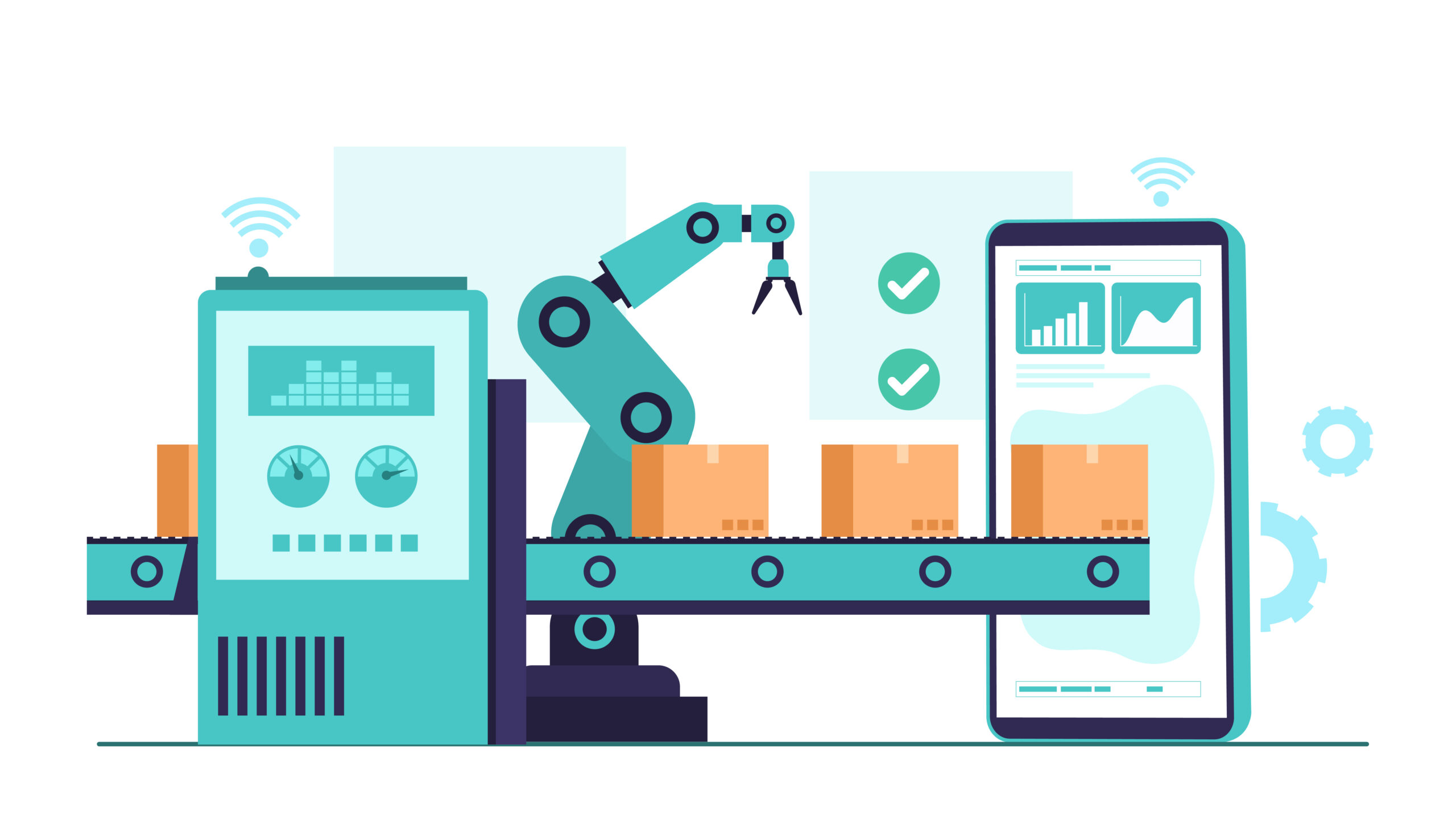In today’s rapidly evolving industrial landscape, the role of Factory Automation in driving efficiency and productivity cannot be overstated. With advancements in technology, the integration of automated systems in manufacturing processes has become increasingly prevalent. From robotics and artificial intelligence to machine learning and data analytics, factory automation is revolutionising the way industries operate.
In this blog post, we will explore the crucial role that factory automation plays in shaping the future of industrial efficiency.
What is Factory Automation?
Before delving into the future implications of factory automation, it is essential to understand what it entails. Factory automation refers to the use of control systems, such as computers or robots, to handle different processes and machinery in an industrial setting.
These systems can perform tasks with minimal human intervention, leading to increased efficiency, reduced labour costs, and improved quality and consistency in production.
Enhanced Productivity and Efficiency
One of the primary benefits of factory automation is its ability to significantly enhance productivity and efficiency in industrial operations. Automated systems can work around the clock, performing repetitive tasks with precision and speed, which would be unattainable for human workers.
This not only increases output but also reduces the time required to complete manufacturing processes, ultimately leading to improved efficiency and cost savings for businesses.
Improved Quality Control
Factory automation also plays a pivotal role in ensuring consistent and high-quality output. Automated systems can monitor and control various aspects of the production process, such as temperature, pressure, and other critical parameters, with unparalleled accuracy.
This level of control minimises the likelihood of human error and ensures that products meet stringent quality standards, thereby enhancing overall product quality and customer satisfaction.
Cost Savings and Resource Optimisation
Implementing factory automation can result in substantial cost savings for industrial facilities. By streamlining processes and reducing the need for manual labour, businesses can lower their operational expenses while maximising resource utilisation.
Additionally, automated systems can identify inefficiencies in production and provide valuable insights for optimising resource allocation, further contributing to cost reduction and improved profitability.
Flexibility and Adaptability
Another significant advantage of factory automation is its ability to enhance the flexibility and adaptability of manufacturing operations. Automated systems can be reprogrammed and reconfigured to accommodate changes in production requirements or to introduce new product lines with minimal downtime.
This agility enables businesses to respond swiftly to market demands and maintain a competitive edge in today’s dynamic business environment.
Data-Driven Decision Making
The integration of factory automation also facilitates data-driven decision making. Automated systems generate vast amounts of real-time data, which can be analysed to identify trends, inefficiencies, and opportunities for improvement.
By leveraging advanced analytics and machine learning algorithms, businesses can make informed decisions to optimise their processes, enhance productivity, and drive continuous improvement.
The Future of Industrial Efficiency
Looking ahead, factory automation is poised to play an even more significant role in shaping the future of industrial efficiency. With ongoing advancements in technology, such as the Internet of Things (IoT) and Industry 4.0, automated systems will become increasingly interconnected and intelligent, leading to unprecedented levels of efficiency, productivity, and innovation in manufacturing.
As industries continue to embrace digital transformation, the integration of factory automation will be instrumental in driving operational excellence and competitiveness. Businesses that invest in automated technologies will be better positioned to adapt to evolving market dynamics, meet changing consumer demands, and achieve sustainable growth in the years to come.
Conclusion
In conclusion, factory automation is a transformative force that is revolutionising the industrial landscape. By enhancing productivity, quality control, cost savings, flexibility, and data-driven decision making, automated systems are driving efficiency and shaping the future of manufacturing. As businesses navigate the complexities of a rapidly evolving market, embracing factory automation will be essential for achieving operational excellence and maintaining a competitive edge in the global economy.

